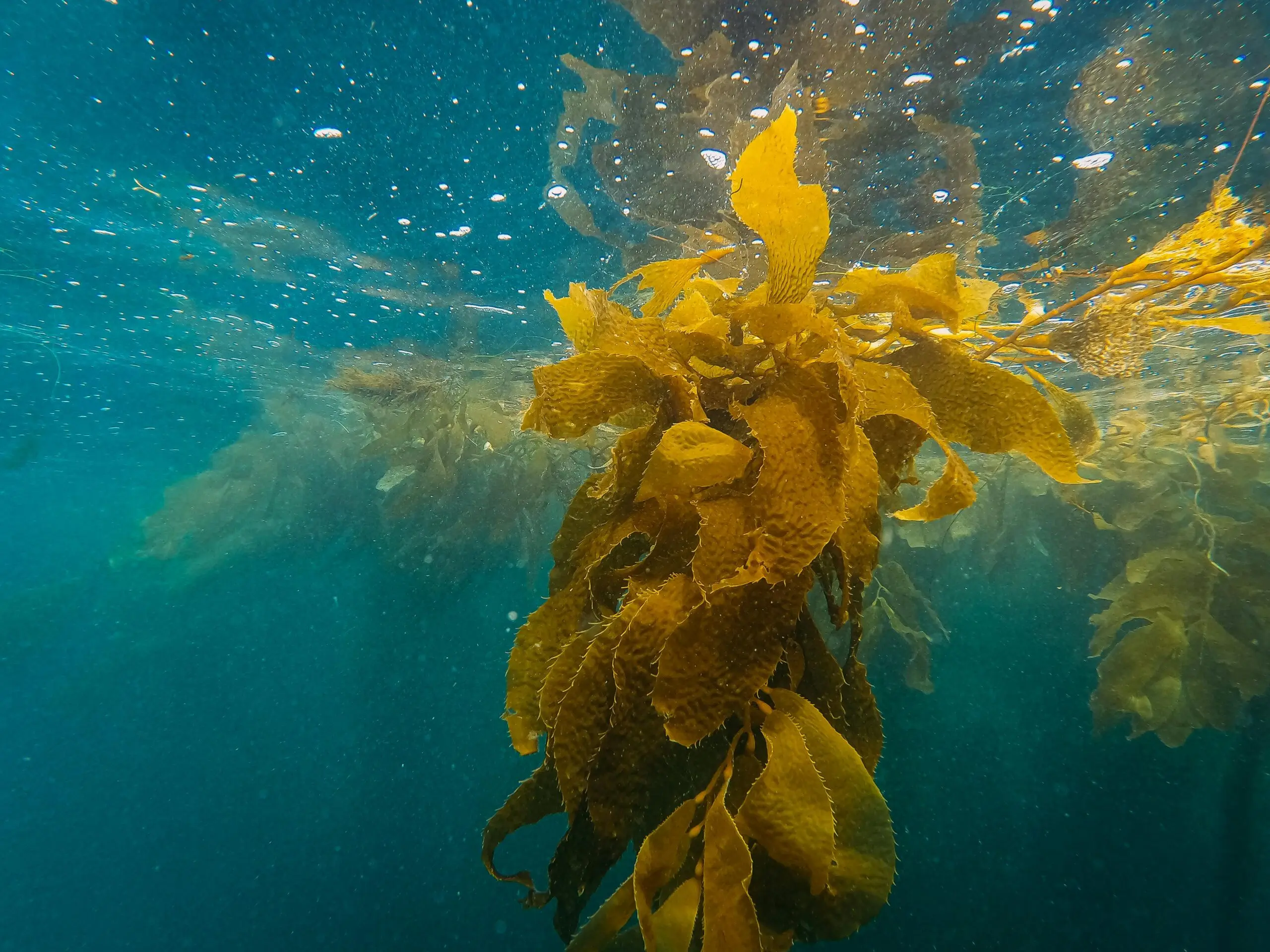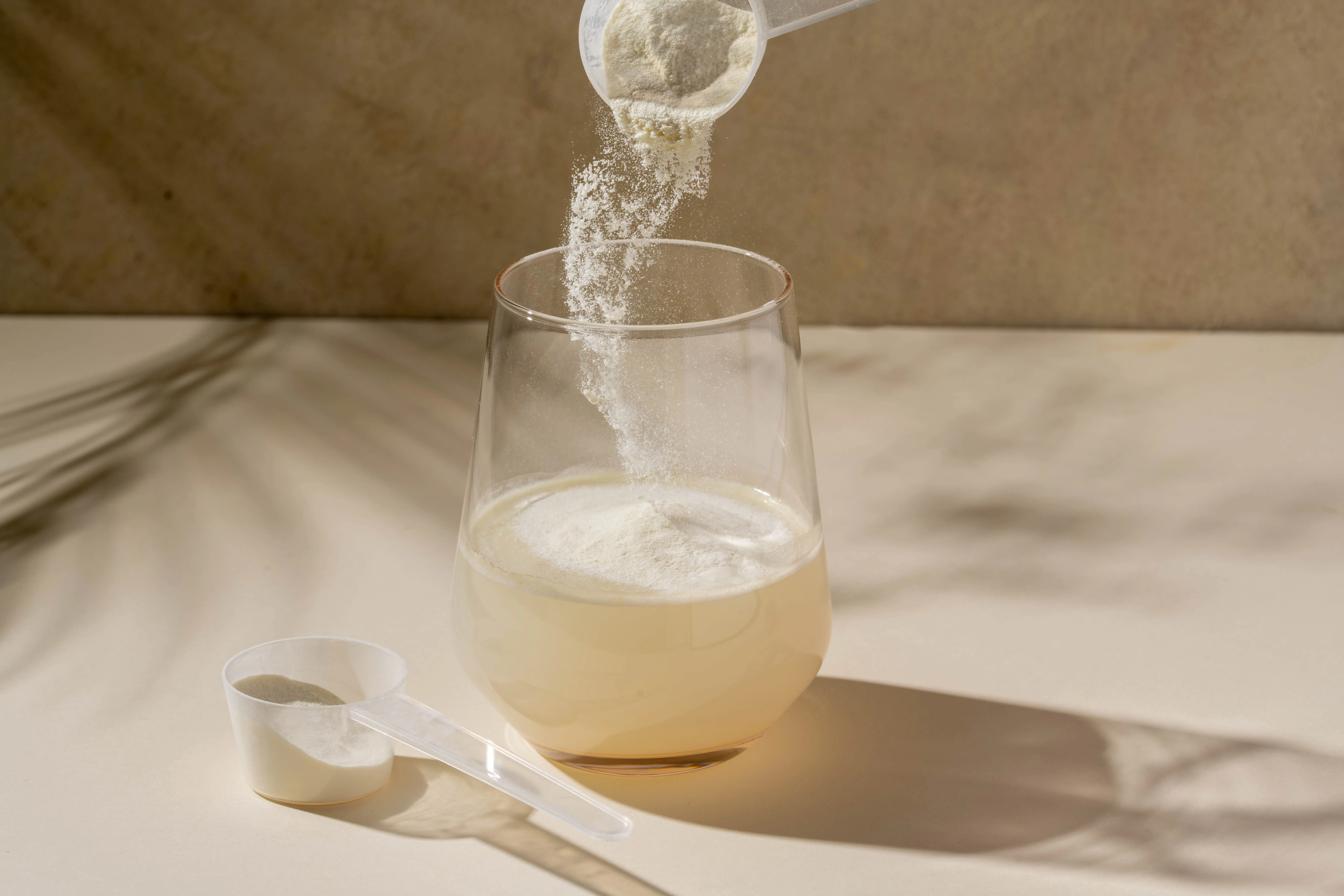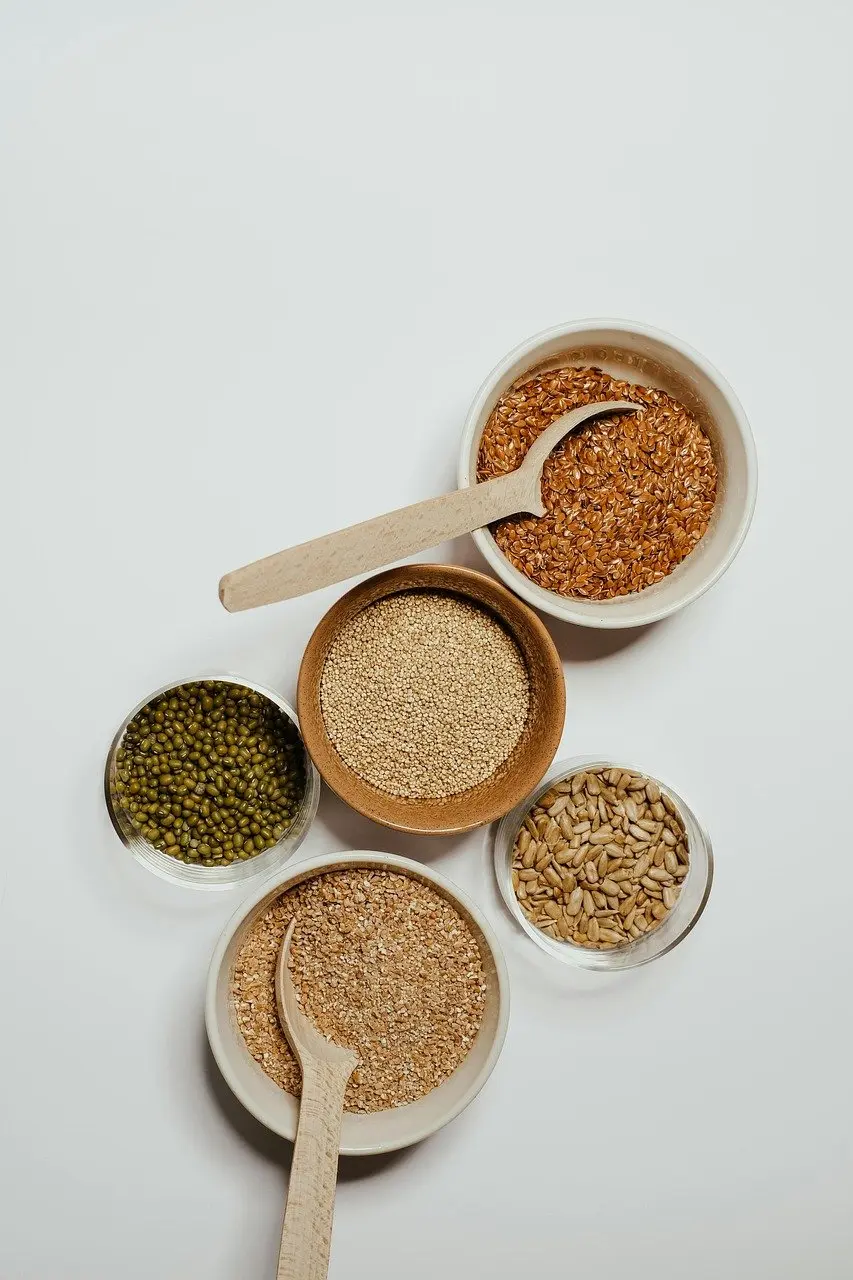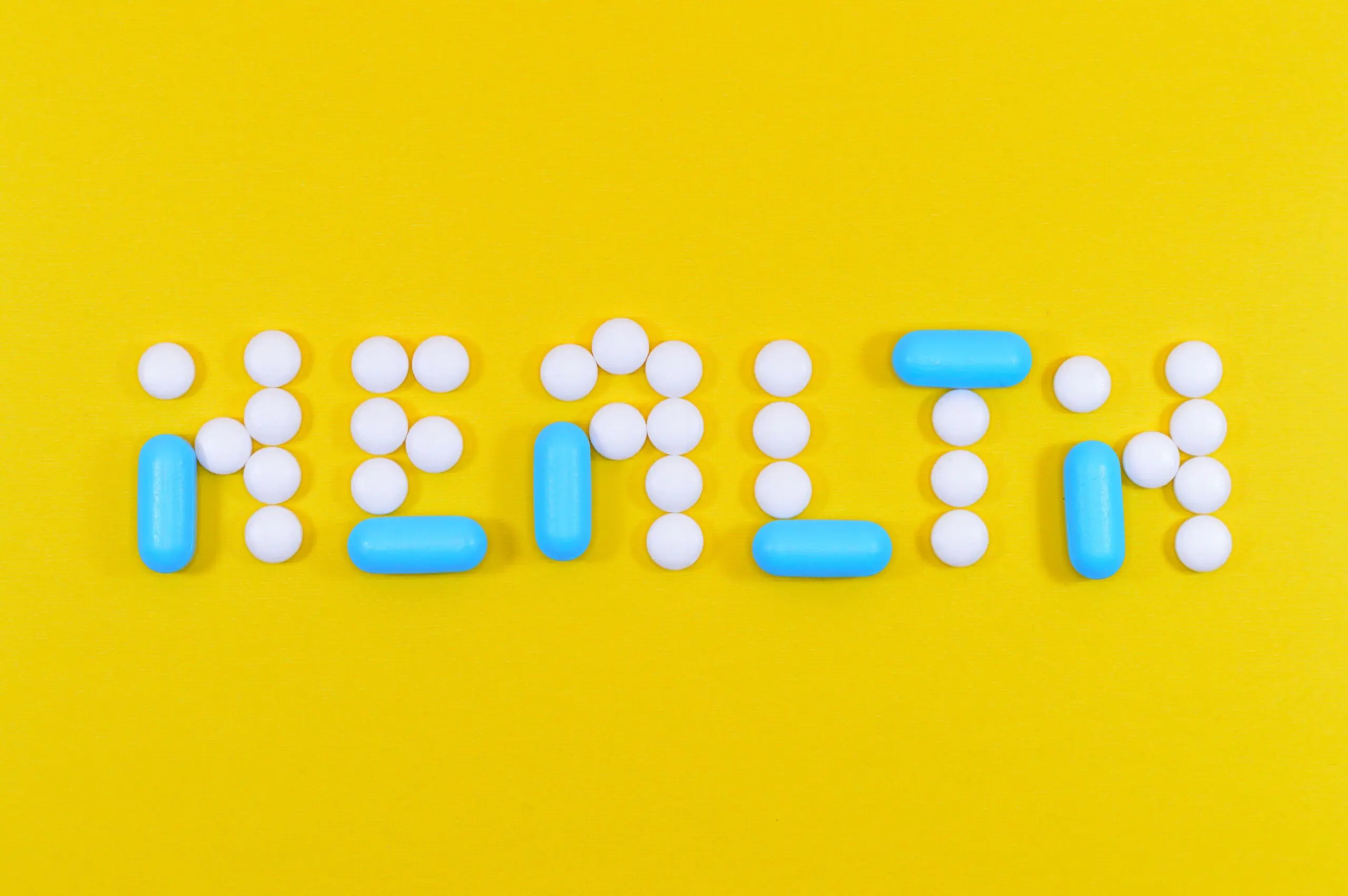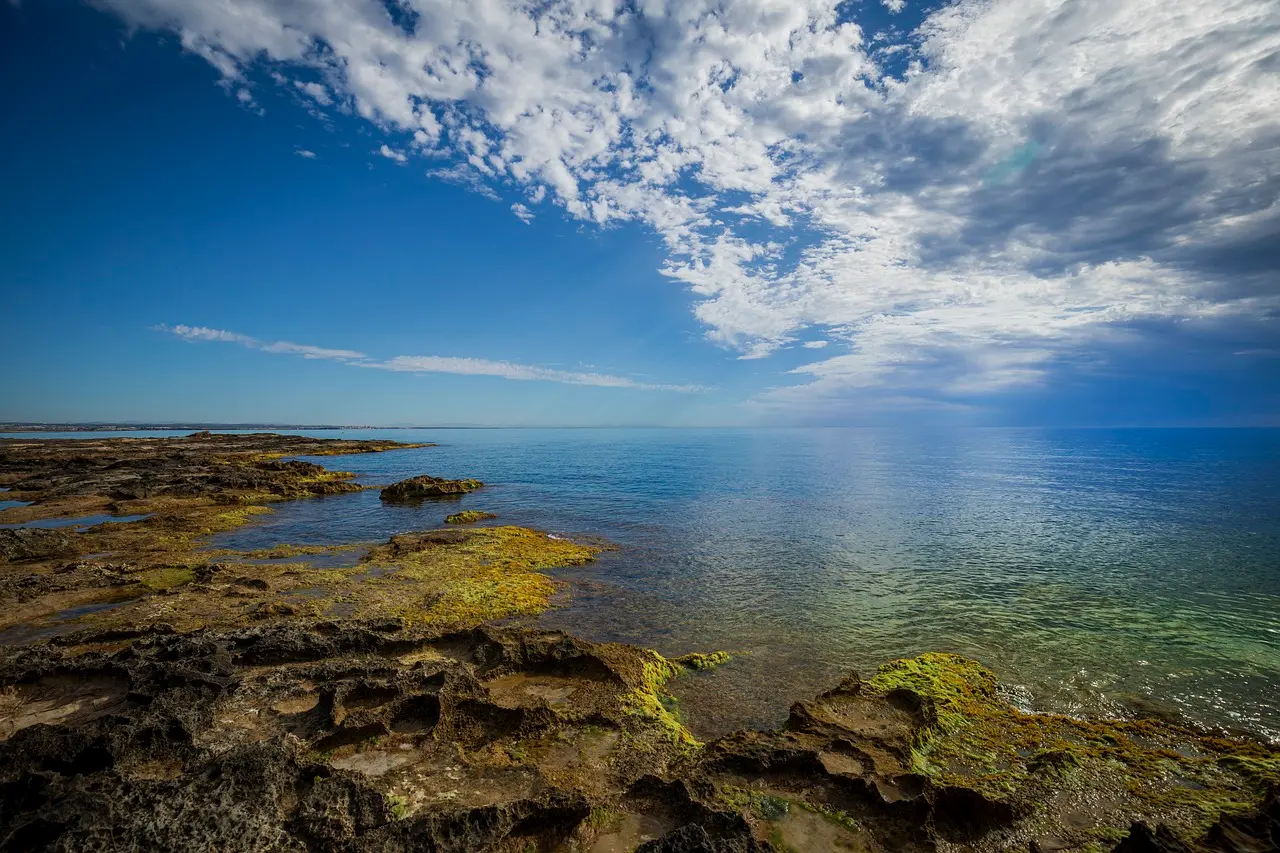Kelp is a type of brown algae that inhabits the coastal regions of the world's oceans. It is also known as Laminariales and grows in extremely nutrient-rich, salty waters, which is why it is bursting with vitamins and minerals. Among enthusiasts, it has long since reached cult status.
What is kelp?
The brown algae is mainly found in the cooler coastal waters of the Pacific, but also in the North and Baltic Seas. It can reach astonishing sizes of up to 60 meters and is recognized by its long, ribbon-like leaves. Laminariales is extremely fast-growing: It grows 50 cm per day.
However, the kelp you can buy in the supermarket usually comes from farms. After harvest, the algae is mostly air-dried before it is sold or processed into dietary supplements.
What is kelp good for?
The saltwater algae excels in many areas. It is packed with vitamins, minerals, and fiber. Among other things, it contains vitamins A, C, D, E, K, and B-group vitamins. It is a source of potassium, iron, and magnesium, but above all, it is an excellent source of iodine and calcium, and also contains sodium, phosphorus, copper, zinc, and sulfur.
How can the algae positively affect health?
• Support of the thyroid : Due to its high iodine content, it regulates thyroid function and supports the production of thyroid hormones.
• Improvement of bone health: The high content of calcium and magnesium strengthens the bones and reduces the risk of osteoporosis.
• Antioxidant properties: The vitamin cocktail of the algae is an antioxidant powerhouse that helps combat cell damage caused by free radicals and boosts the immune system while reducing inflammation in the body.
• Cardiovascular health: The omega-3 fatty acids lower the cholesterol levels, regulate blood pressure, and reduce the risk of cardiovascular diseases.
• Detoxification: The contained alginates can bind heavy metals and other toxins in the body. Alginates also reduce fat absorption in the body. Some studies suggest that they can inhibit the absorption of fats in the intestine by up to 75%.
• Weight management: The high fiber content promotes a feeling of fullness and aids digestion.
